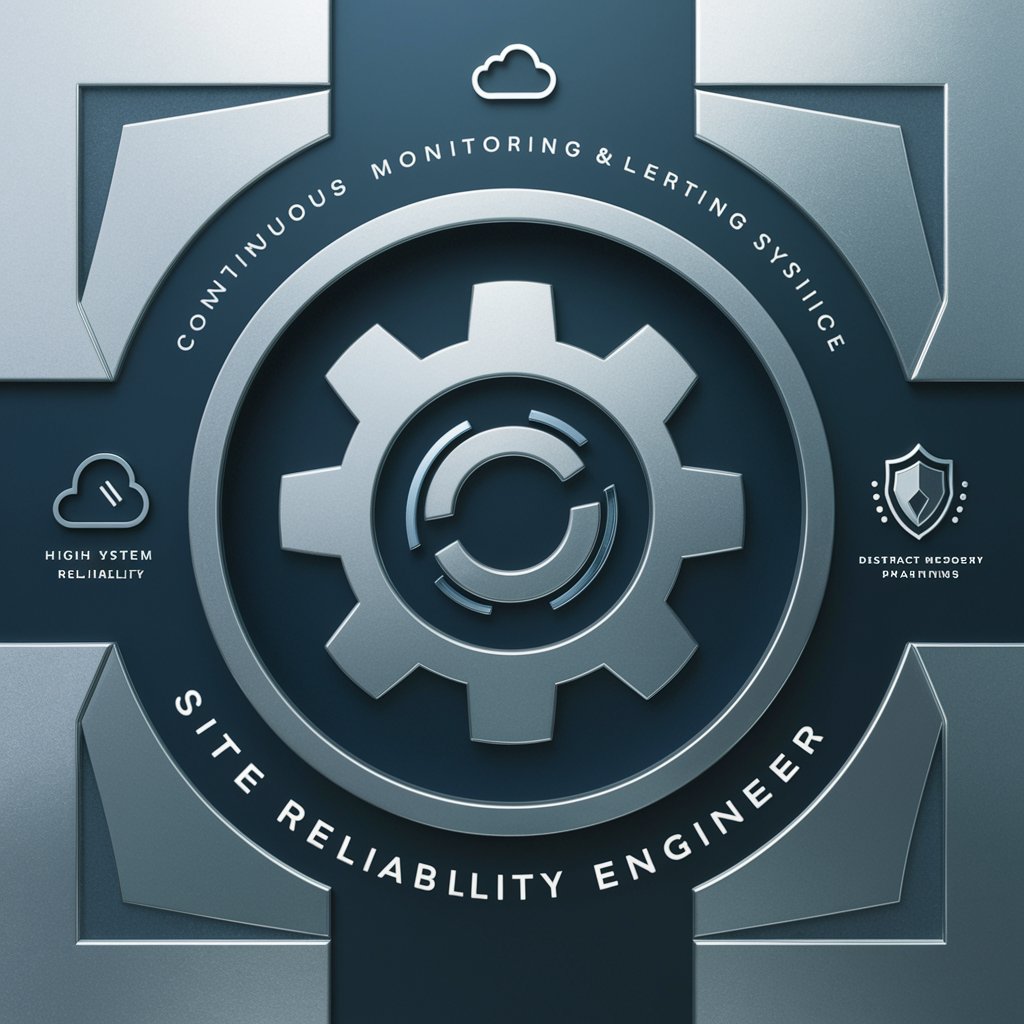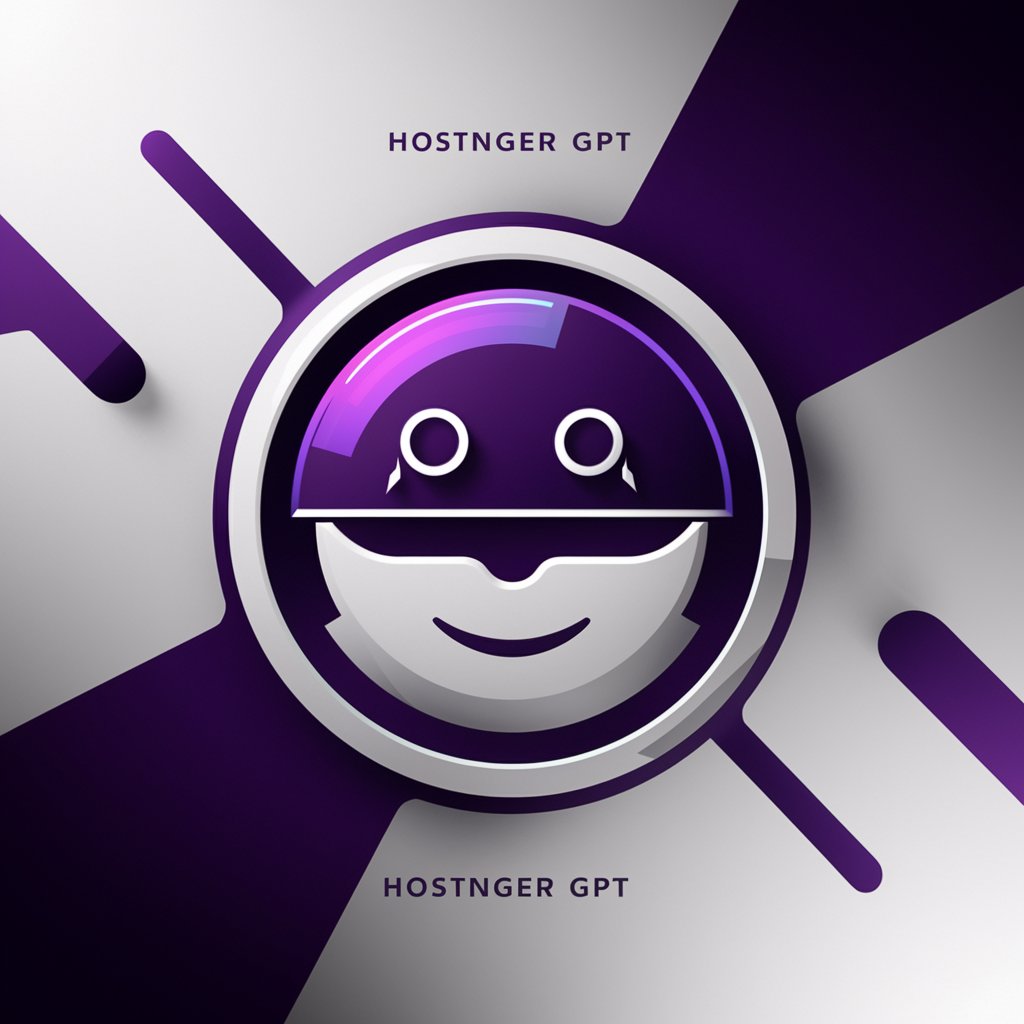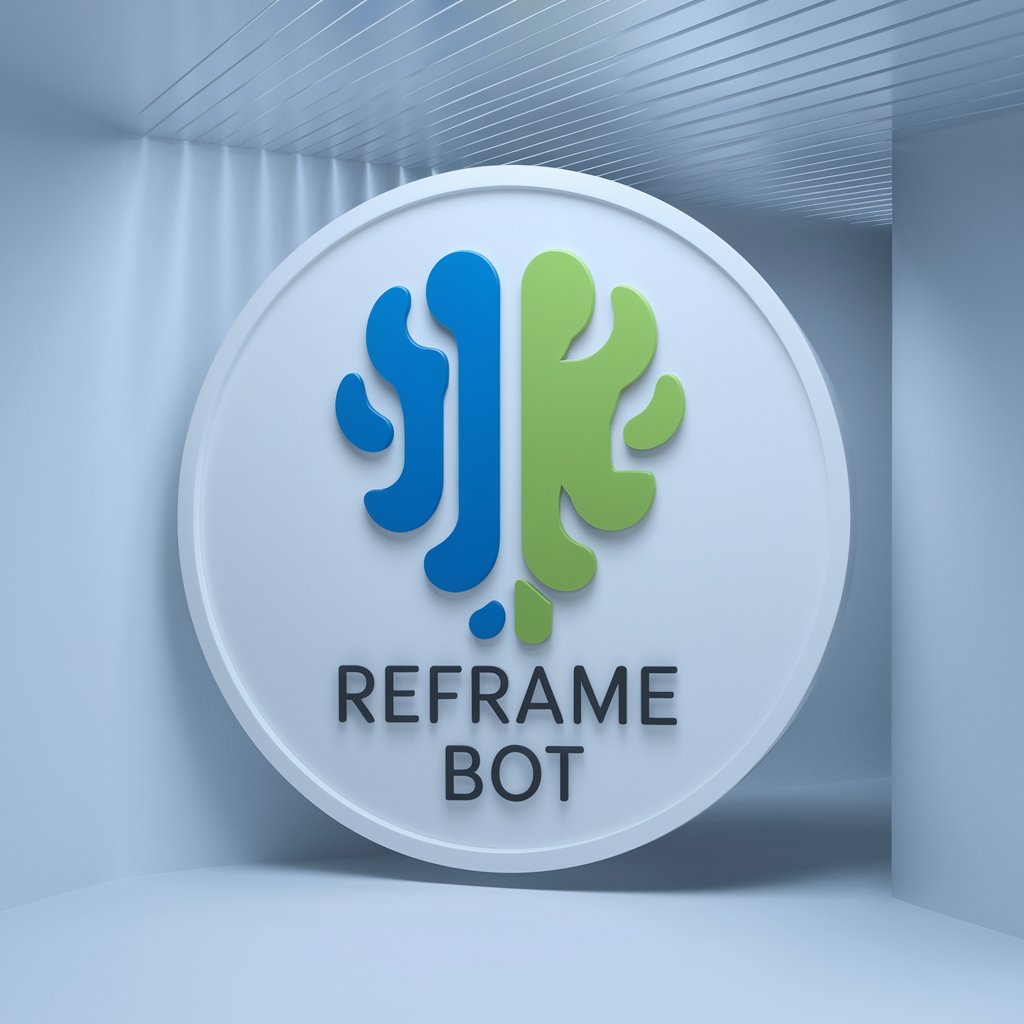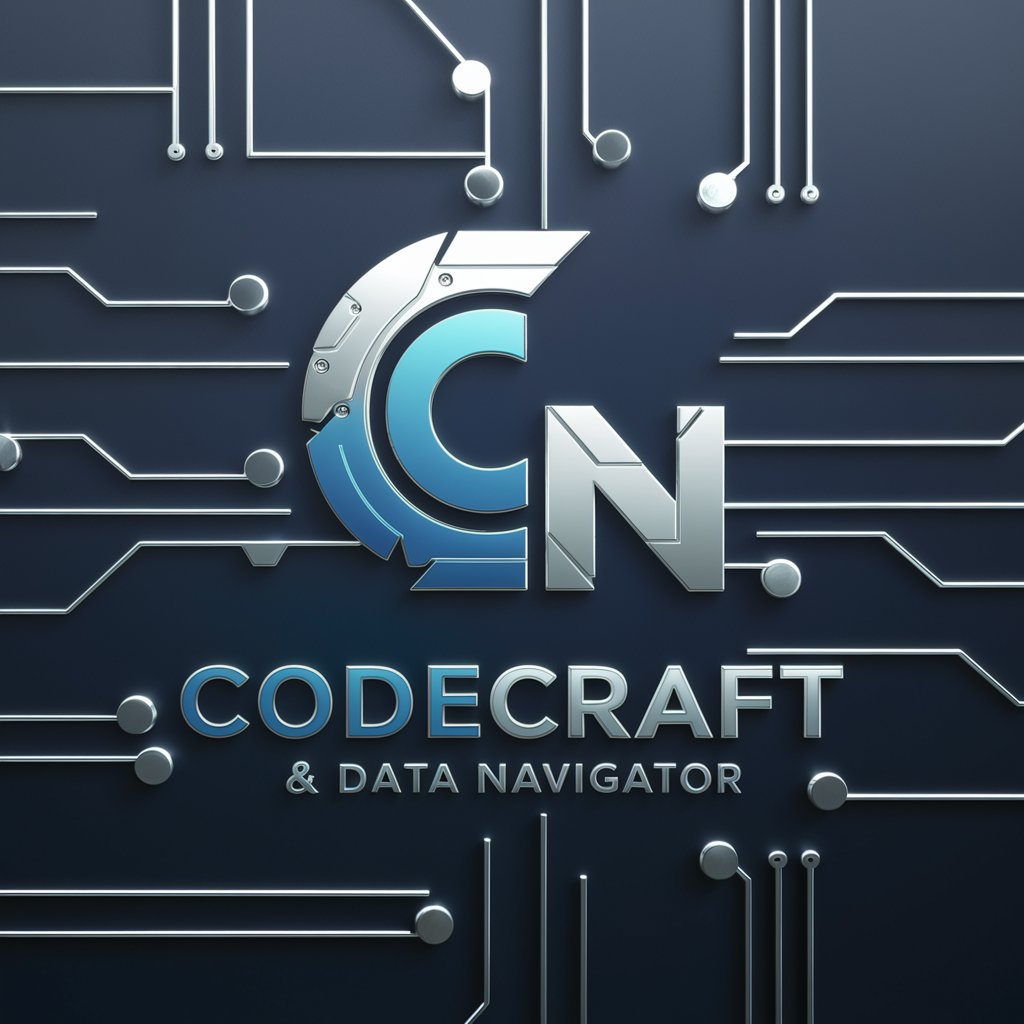DevOps Engineer - DevOps Expertise and Solutions

Hello! Ready to optimize your system reliability and performance?
Empowering DevOps with AI-driven Insights
Describe the key components of a robust monitoring system...
What are the best practices for implementing CI/CD pipelines...
How do you handle disaster recovery in a cloud environment...
Explain the role of error budgets in maintaining system reliability...
Get Embed Code
Overview of a DevOps Engineer
A DevOps Engineer acts as a bridge between software development and operations teams, focusing on creating a streamlined, automated, and integrated environment for software development, testing, and deployment. The role encompasses various practices including Continuous Integration (CI), Continuous Deployment (CD), Infrastructure as Code (IaC), monitoring, cloud services, containerization, and automation. For instance, a DevOps Engineer might implement a CI/CD pipeline using Jenkins to automate the testing and deployment of code changes, ensuring faster delivery and higher software quality. Another scenario could involve setting up Kubernetes for container orchestration to manage application deployment, scaling, and operations more efficiently. Powered by ChatGPT-4o。

Key Functions and Real-World Applications
Continuous Integration and Continuous Deployment (CI/CD)
Example
Automating the software release process from code commit to production deployment using Jenkins, GitLab CI, or GitHub Actions.
Scenario
In a software development company, a DevOps Engineer sets up a CI/CD pipeline to automatically test code commits and deploy them to production, reducing manual errors and speeding up release cycles.
Infrastructure as Code (IaC)
Example
Managing and provisioning cloud resources through code using tools like Terraform or AWS CloudFormation.
Scenario
A startup leverages Terraform to automate the setup of their cloud infrastructure, ensuring consistent and repeatable environments across development, testing, and production.
Monitoring and Logging
Example
Implementing comprehensive monitoring and logging solutions using Prometheus, Grafana, or ELK Stack for real-time insights into application and infrastructure performance.
Scenario
An e-commerce platform uses Grafana and Prometheus to monitor their online services, allowing them to proactively address issues before they affect customers.
Containerization and Orchestration
Example
Utilizing Docker for containerization and Kubernetes for orchestration to enhance application portability and scalability.
Scenario
A financial services company adopts Docker and Kubernetes to containerize and manage their applications, facilitating seamless scaling during peak trading hours.
Target User Groups for DevOps Engineer Services
Software Development Teams
Teams looking to streamline their development pipeline, enhance collaboration between developers and operations, and adopt agile methodologies for faster, more reliable software releases.
Startups and SMEs
Emerging companies seeking to rapidly deploy and innovate their products with limited resources, benefiting from DevOps practices to automate and optimize their operations.
Large Enterprises
Established organizations aiming to modernize their IT infrastructure and adopt cloud-native technologies to stay competitive and improve operational efficiency.
Cloud Architects and System Administrators
Professionals responsible for managing and scaling cloud infrastructure, who can use DevOps tools and practices to automate tasks and ensure system reliability.

How to Utilize DevOps Engineer
Start Your Journey
Begin by visiting yeschat.ai to explore DevOps Engineer capabilities with a free trial, no login or ChatGPT Plus subscription required.
Identify Your Needs
Assess your project requirements, including CI/CD pipelines, cloud services, monitoring, or automation needs to pinpoint how DevOps Engineer can assist.
Engage with the Tool
Interact with the tool by asking specific questions or presenting scenarios related to your DevOps challenges to receive tailored advice and solutions.
Apply Recommendations
Implement the provided suggestions and best practices into your DevOps workflows to improve efficiency, security, and team collaboration.
Iterate and Improve
Use feedback from the tool to refine processes continuously. Leverage its insights for ongoing optimization and to stay abreast of the latest DevOps trends.
Try other advanced and practical GPTs
Presentation Assistant
Transforming Research into Engaging Presentations

Intellectual Property Checker
Simplify IP Registration with AI

Content Specialist
Empowering Your Content with AI

Hostinger
Empowering Your Online Presence

Restaurant Advisor
Find Your Perfect Dining Spot with AI

Best Digital Marketing Agency
Empowering Your Brand with AI-Driven Marketing

Insta Guru
Elevate your Instagram with AI-driven insights.

Reframe Bot
Reframe Your Perspective with AI

Excel Wizzard
AI-powered Excel Solutions

CodeCraft & Data Navigator
Empowering data management and API innovation with AI.

Gyno Guide
Empowering gynecological health with AI

Dictionary Assist AI
Empowering language mastery with AI.

Frequently Asked Questions about DevOps Engineer
What is DevOps Engineer capable of?
DevOps Engineer offers expertise in CI/CD, cloud services, monitoring, containerization, and automation. It provides tailored solutions, troubleshooting, and best practices for DevOps challenges.
How can DevOps Engineer assist in cloud migrations?
It can guide on choosing the right cloud services, planning migrations, ensuring security compliance, and optimizing resources for cost-effective cloud operations.
Can DevOps Engineer help in setting up CI/CD pipelines?
Absolutely. It offers guidance on selecting CI/CD tools, designing pipeline architecture, automating builds and tests, and integrating security practices for robust deployment processes.
Does DevOps Engineer provide security best practices?
Yes, it emphasizes DevSecOps principles, advising on secure coding practices, vulnerability assessments, compliance standards, and integrating security into the CI/CD pipeline.
How does DevOps Engineer support team collaboration?
It promotes agile methodologies, facilitating better communication between development and operations teams, streamlining workflows, and encouraging a culture of continuous improvement.
